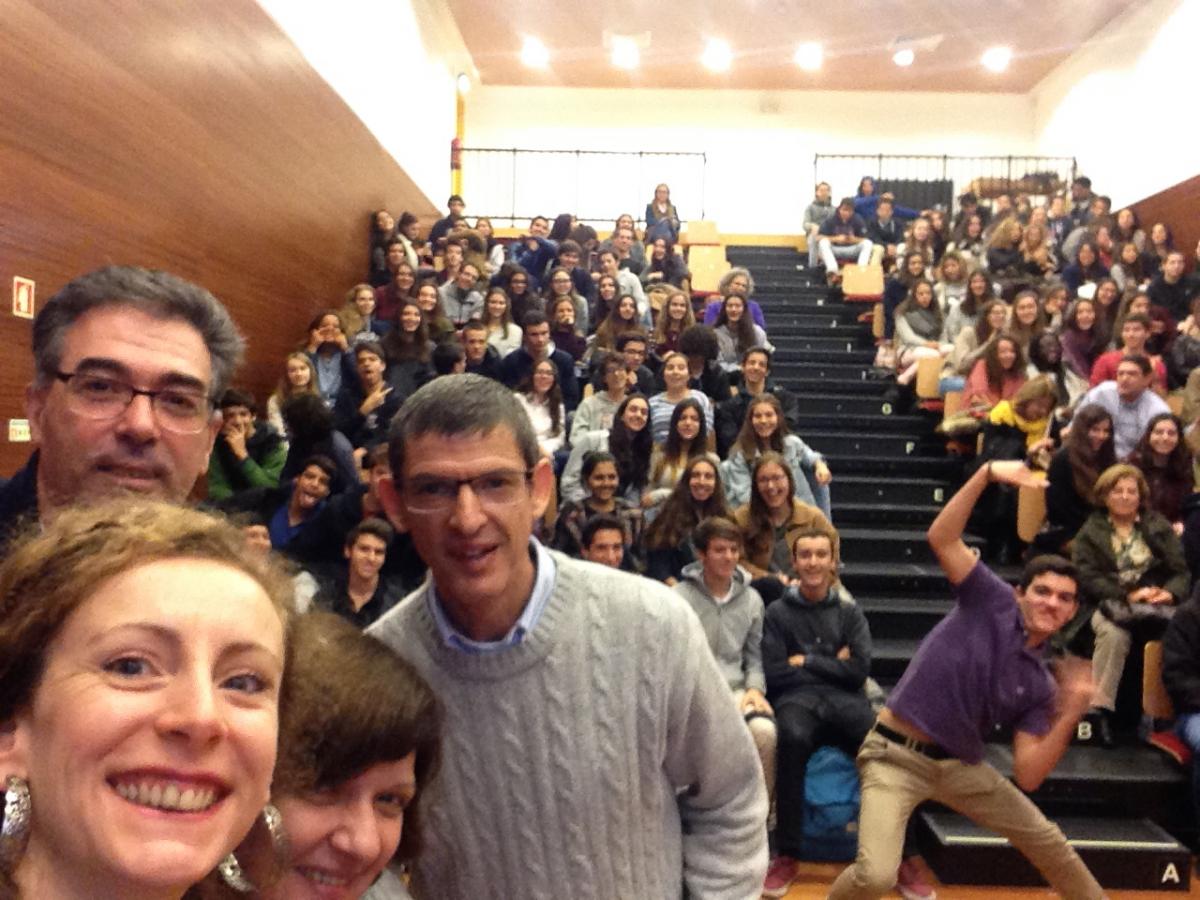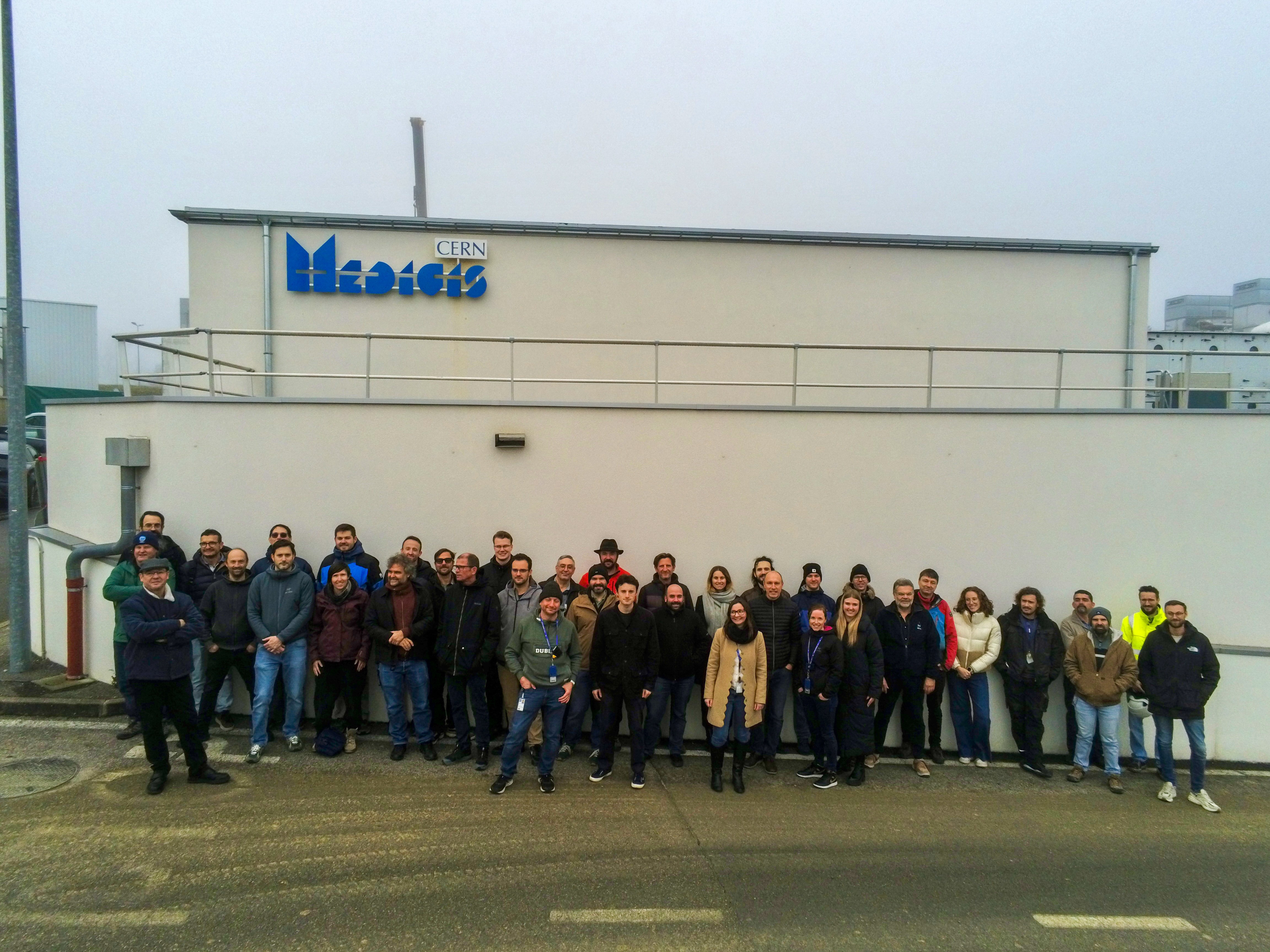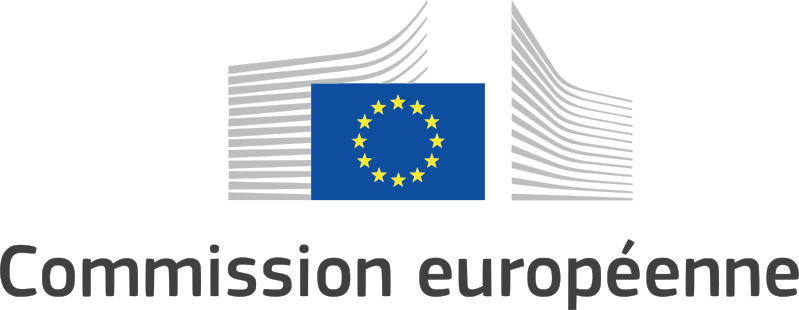· New CERN facility to help cancer research: the CERN-MEDICIS facility has produced radioisotopes for medical research for the first time.
MEDICIS (Medical Isotopes Collected from ISOLDE) aims to provide a wide range of radioisotopes, some of which can only be produced at CERN thanks to the unique ISOLDE facility. These radioisotopes are intended for applications in hospitals and research centres across Europe. Progress in the use of radioisotopes for diagnosis and treatment has been made and MEDICIS will enable researchers to devise and test unconventional radioisotopes with a view to developing new cancer treatments.
Thierry Stora, MEDICIS project co-ordinator, said: “Radioisotopes are used in precision medicine to diagnose cancers, as well as other diseases such as heart irregularities, and to deliver very small radiation doses exactly where they are needed to avoid destroying the surrounding healthy tissue.” A chemical element can exist in several variants or isotopes, depending on how many neutrons its nucleus has. Radioisotopes are naturally radioactive and ubiquitous in Nature. Other radioisotopes are not naturally available, but can be produced using particle accelerators.
MEDICIS uses a proton beam from ISOLDE – the Isotope Mass Separator Online facility at CERN – to produce radioisotopes for medical research. The first batch produced was Terbium 155Tb, which is considered a promising radioisotope for diagnosing prostate cancer, as early results have recently shown. Radioisotopes are already widely used by the medical community for imaging, diagnosis and radiation therapy. However, many do not combine the most appropriate physical and chemical properties and, in some cases, a different type of radiation could be better suited.
CERN-MEDICIS is an effort led by CERN with contributions from its dedicated Knowledge Transfer Fund, private foundations and partner institutes. It also benefits from a European Commission Marie Skłodowska-Curie training grant, which has been helping to shape a pan-European medical and scientific collaboration since 2014.
· Nhât-Tân Vuong (ESR-2) and Roberto Formento Cavaier (ESR-6) presented on 7th February 2018 the CERN MEDICIS facility and the MedicisPromed network Geert Muylle, H.E. Ambassador of the permanent mission of Belgium to UN Office at Geneva.
· Thierry Stora, the project coordinator of MEDICIS-Promed at CERN, was invited by the University of Oslo to attend the "Spring workshop on nuclear and particle physics" and give a lecture on Medical Applications (MEDICIS) to bachelor physics students on 10th April 2018.
For further information, please visit the follwing link: https://indico.cern.ch/event/720659
· Roberto Formento Cavaier (ESR-6) and Nhât-Tân Vuong (ESR-2) together with Thierry Stora (the project coordinator of MEDICIS-Promed) accompaigned the Minister of Sciences and Education of Latvia in the visit of MEDICIS facility at CERN on 17th April 2018.

- MEDICIS - Promed SEMINARS
5 seminars, involving around 300 students, will be organised in the region of Lisbon soon. The 1st seminar took place on December 14th 2016 in one of the best high-schools of Lisbon, The "Escola Secundária Rainha Dona Leonor". The seminar had a great success and around 150 students participated in.

Prof. Antonio Paulo and Prof. Antonio Gonçalves with Alice D'Onofrio (ESR-8, based at IST, Portugal)


